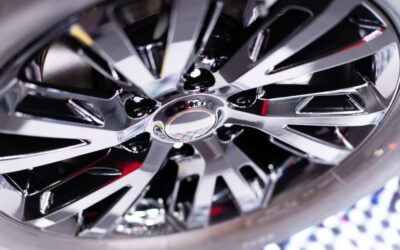From extra headlights, to alloy wheels, to tinted windows – making small modifications to your car can be fun and make it feel more personalised; especially to young car owners and students. After all, you’ve probably been imagining your dream car for years. But as fun as these changes can be, it’s also important to be aware of any knock-on effects of carrying out this kind of work on your car. One of the major implications is unfortunately the effect it can have on driving up your insurance premiums.
What changes are classed as modifications?
A modification is anything which alters it from the original factory specification for aesthetic purposes or performance enhancements. This includes things like sports seats, spoilers, changes to the engine, personal number plates, suspension and having body kits fitted.
Why do they mean I pay more for insurance?
Where modifications are concerned, there are three categories of risk that insurance companies think about:
- The risk of an accident. Statistics suggest that performance enhanced cars are more likely to be involved in road accidents than those which aren’t.
- The risk of theft. Adding attractive extras like sophisticated sound systems and phone kits can make the car more appealing to thieves.
- It may affect the value of the vehicle. If the modifications make the vehicle more valuable, then from the insurance company’s point of view the car will cost more to repair or replace.
However there are also modifications that can be very useful, for example having parking sensors fitted. Having a piece of kit which is specifically designed to help stop you bumping into other cars is something that insurance companies tend to like. Modifications like these are few and far between though.
Tips on insuring your modified car
If you are making alterations or modifications to your car, always tell your insurance company at the time at which you do it. There’s no one size fits all definition of a modification, so even if you aren’t sure it’s always best to check with your own individual insurer.
Don’t even consider not telling your insurance company. If you don’t declare the modifications then you may well be invalidating your insurance. Comparison sites for car insurance will normally ask specific questions about any modifications to the vehicle for exactly this reason.
Some types of modifications are illegal. For example, some tinted windows (the windscreen must let in a minimum of 75% of light and the side windows 70%) and personal some number plates (only certain fonts and sizes are allowed). If your car has modifications that are illegal then you are potentially putting yourself at risk of a criminal prosecution, as well as invalidating your insurance policy. Your car would also fail it’s MOT. So make sure you know the modification rules – it’s not worth getting caught out.



